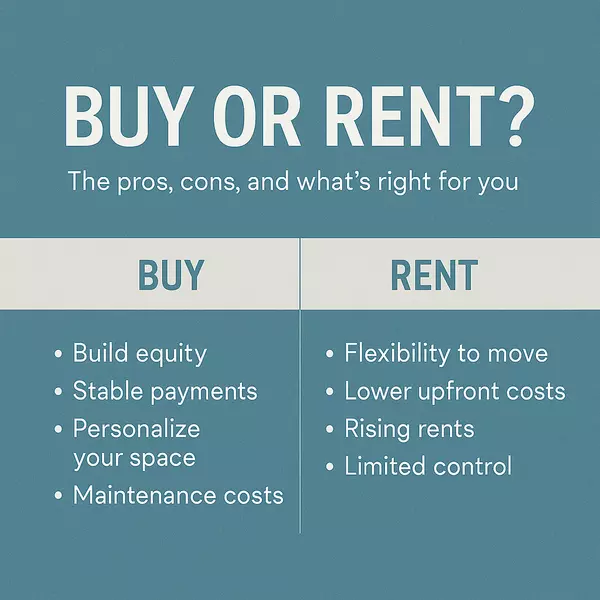What Home Inspectors Really Look For (And How It Affects Your Deal)

What Home Inspectors Really Look For (And How It Affects Your Deal)
If you're buying or selling a home, the word "inspection" can stir up a mix of excitement and anxiety. It’s a critical step in almost every real estate transaction—and for good reason. A home inspection helps buyers understand what they’re getting into and gives sellers a chance to avoid last-minute surprises.
But what exactly do home inspectors look for? How can it impact your deal? And what should you do before and after the inspection?
Let’s break it all down.
What Is a Home Inspection?
A home inspection is a non-invasive, visual examination of a property’s structure, systems, and components. It’s usually performed after the offer is accepted but before closing. Most buyers pay for it as part of their due diligence.
In Las Vegas, it typically costs between $300–$500 and takes about 2–3 hours depending on the size of the home.
What Do Inspectors Look For?
Home inspectors follow a standard checklist that includes the following key areas:
1. Roof
-
Missing shingles
-
Signs of leaks
-
Flashing and ventilation
2. HVAC System
-
Age and condition of units
-
Functionality of heating and cooling
-
Ductwork condition
3. Plumbing
-
Water pressure
-
Leaks or corrosion
-
Water heater condition
4. Electrical System
-
Panel and breakers
-
Outlets and switches
-
GFCI protections
5. Foundation & Structure
-
Cracks in walls or ceilings
-
Uneven flooring
-
Visible signs of shifting
6. Windows, Doors, and Insulation
-
Proper sealing
-
Operation and security
-
Energy efficiency issues
7. Exterior and Drainage
-
Stucco cracks (common in desert homes)
-
Landscaping grading
-
Drainage away from foundation
8. Attic & Insulation
-
Proper ventilation
-
Signs of water intrusion
-
Rodent or pest activity
What Inspectors Don’t Cover
A general home inspection is not a guarantee. It typically does not include:
-
Sewer line scope
-
Mold or asbestos testing
-
Termite inspection (though many inspectors will flag signs)
-
Pool/spa equipment (often requires a specialist)
Buyers can (and often should) order specialty inspections depending on the home.
What This Means for Buyers
The home inspection is your chance to fully understand the property’s condition and uncover any issues before you finalize the purchase.
Tips for Buyers:
-
Attend the inspection if you can—it’s a learning opportunity
-
Don’t panic over every small item; focus on safety, function, and big-ticket repairs
-
Use the report to negotiate repairs, credits, or price adjustments if needed
What This Means for Sellers
If you're selling, the inspection can be a make-or-break moment in escrow. A bad report can cause buyers to walk or ask for major concessions.
Tips for Sellers:
-
Consider a pre-listing inspection to get ahead of issues
-
Fix obvious problems before listing (leaks, outlets, loose railings)
-
Make the home accessible and clean for the inspector
What This Means for Me as a Las Vegas Real Estate Agent
I help both buyers and sellers manage the inspection process with confidence. I know what’s normal, what’s fixable, and when to bring in the pros.
In Las Vegas, climate plays a big role—extreme heat affects A/C units, roofing, and stucco. I work with trusted local inspectors who understand what to look for in desert homes and how to communicate findings clearly.
I also coach my clients on how to approach repairs, renegotiate if needed, and avoid emotional reactions to inspection reports.
Final Thoughts
A home inspection is one of the most important tools for making smart, informed real estate decisions. It’s not about making the perfect house—it's about making a confident choice.
Have questions about inspections or the buying/selling process in Las Vegas? I’m here to help.
Categories
Recent Posts










